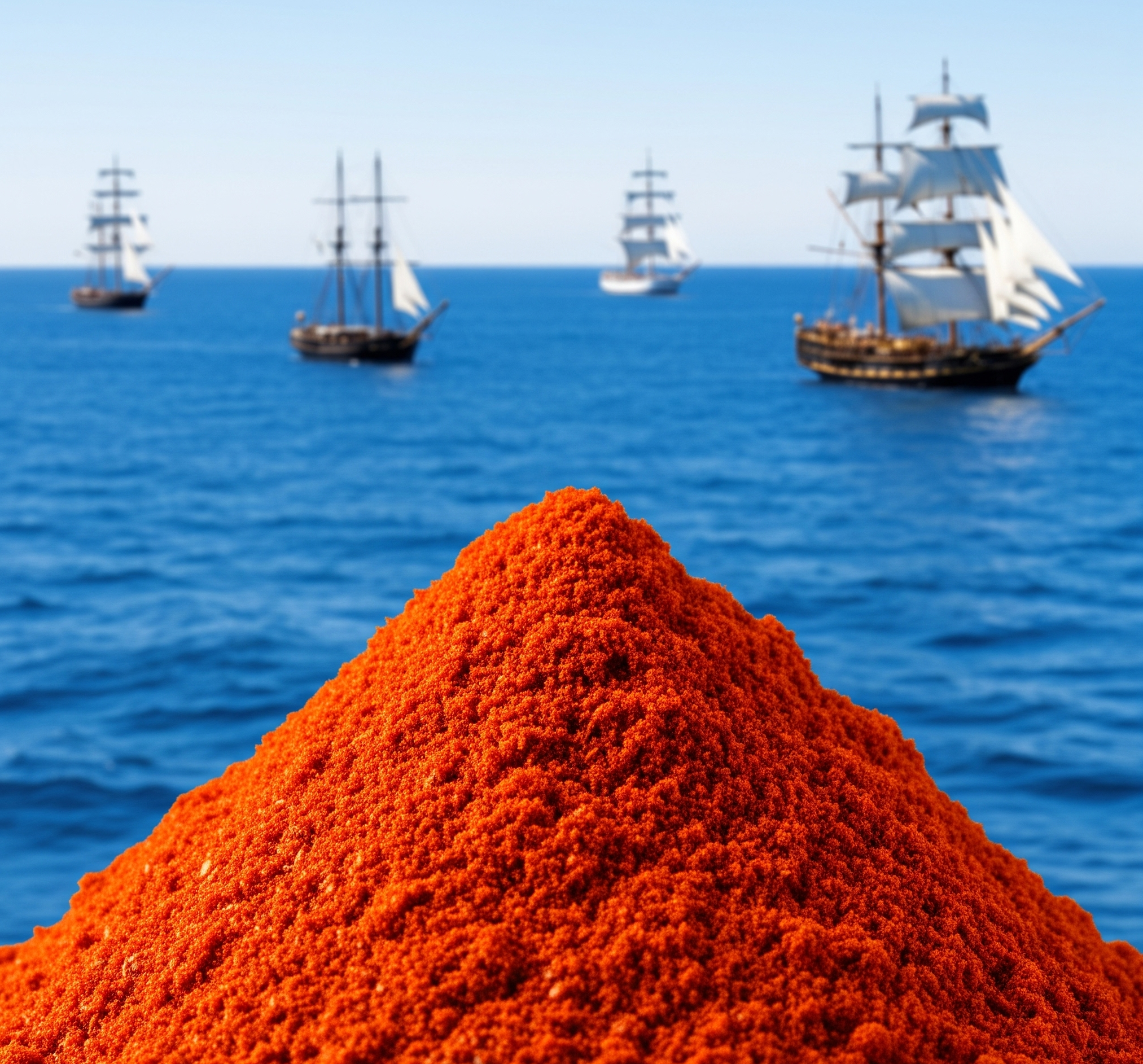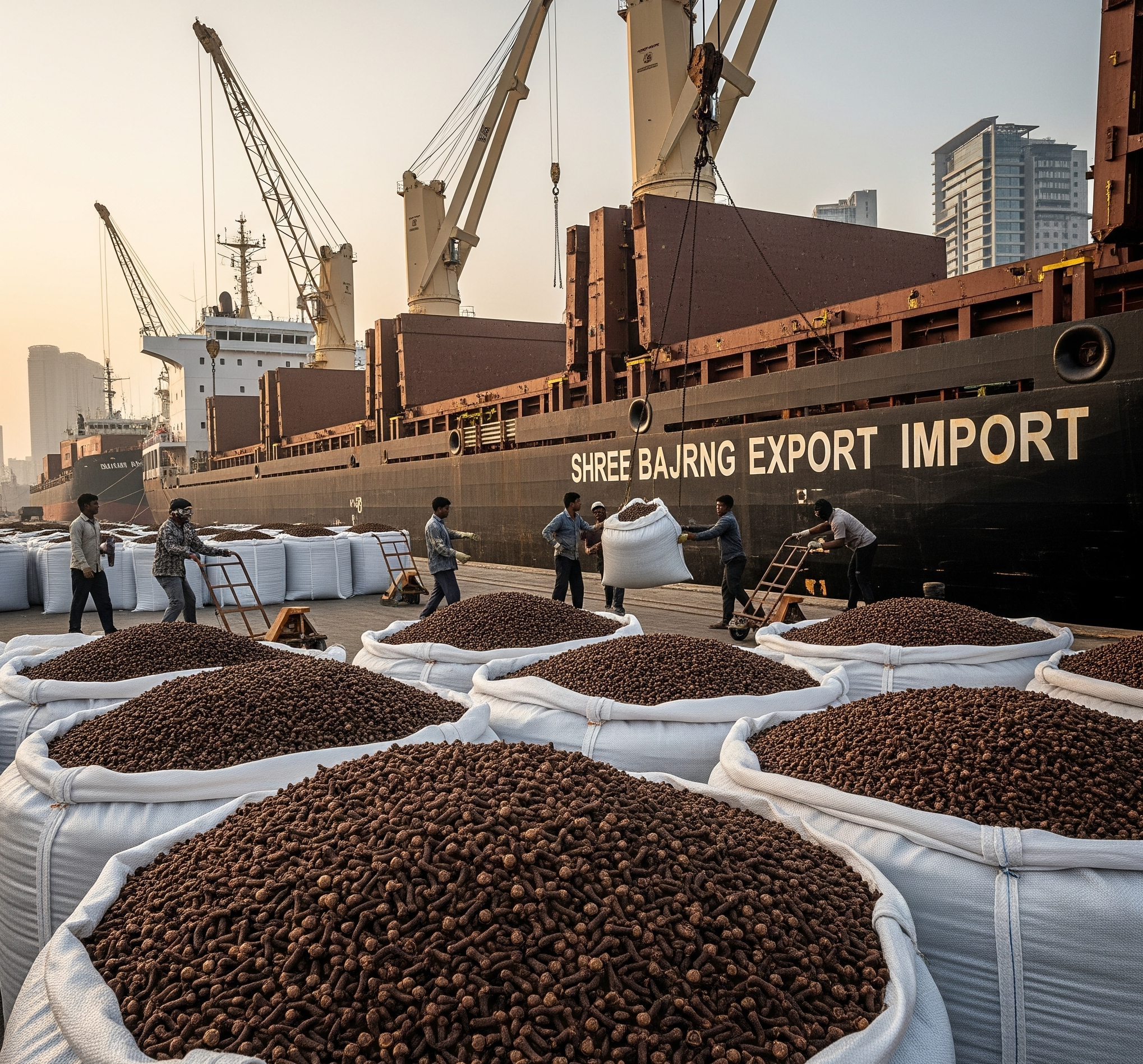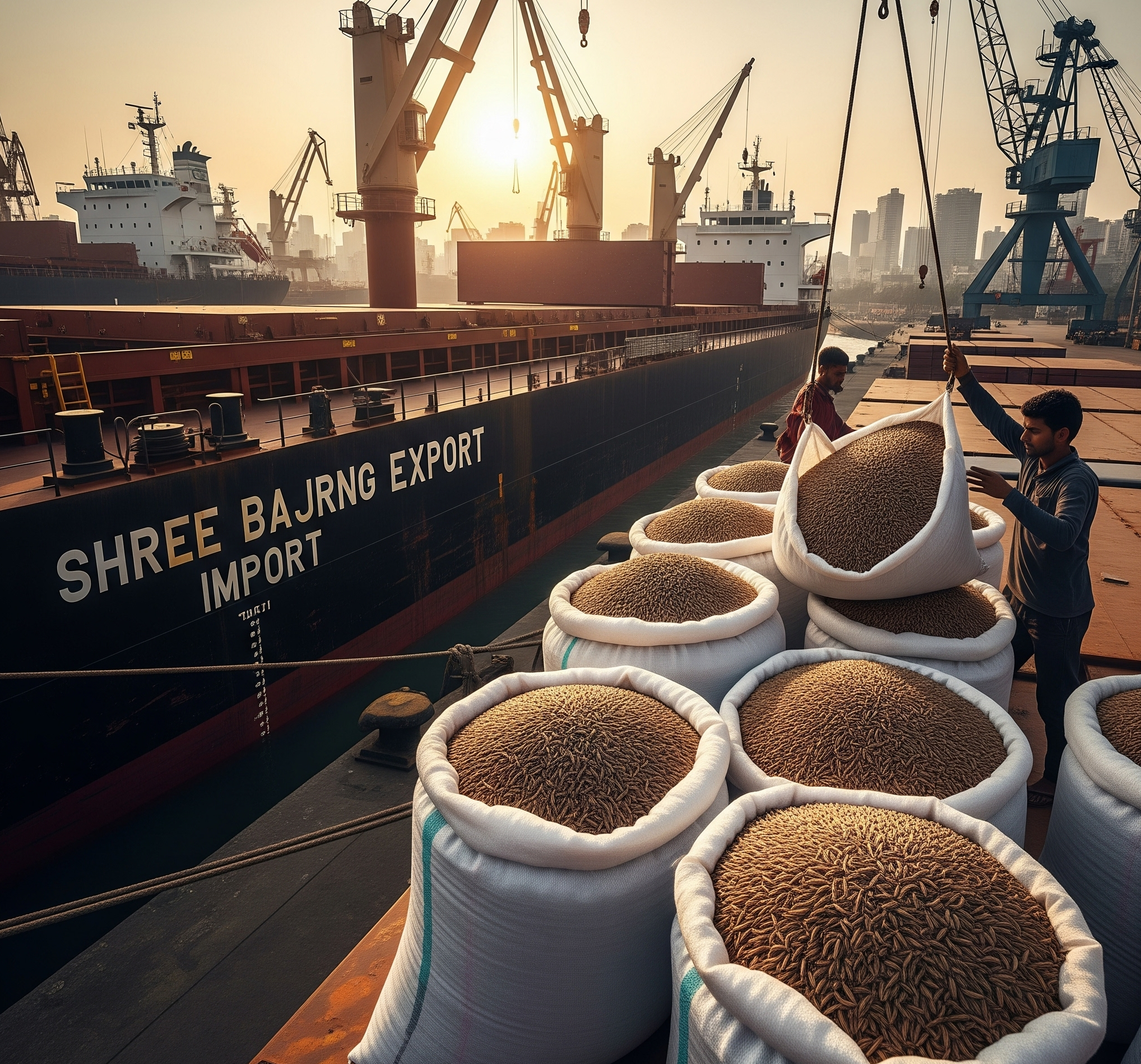Blog

Best Spice Exporter In India Supplying Premium Spices to the Global Market
In today’s fast-changing food industry, Indian spice exporters are capturing global attention like never before. From traditional kitchens to modern food manufacturers, the world is embracing Indian spices and dehydrated vegetables as essential ingredients in flavorful, healthy, and diverse cooking.
India has always been the land of herbs and spices—a country known for its deep culinary heritage and spice-rich culture. Now, as the global spice market grows, India’s role in the spice trade is becoming more central, innovative, and commercially significant.
Whether it's curry powder in European recipes, garam masala in gourmet restaurants, or chili powder in sauces across North America and Southeast Asia, the world is experiencing a flavor revolution—and Indian spice exporters are leading the way.
The Legacy of Indian Spices: Thousands of Years of Flavor and Trade
India’s connection with spices and herbs dates back thousands of years, when the ancient trade routes carried spices including turmeric, mustard seeds, fennel seeds, and star anise to Persia, Egypt, Rome, and China.
Back then, spicy food was more than a trend—it was a status symbol, a preservative, and a medicine. The health and culinary value of Indian spices was so profound that explorers like Vasco da Gama and merchants from Europe risked everything to reach India—the heart of the global spice trade.
India’s unique geography and climate support a wide variety of Indian spices, each with its own aroma, taste, and health benefits. Even today, spices like black pepper, cumin, turmeric, and cardamom play a key role in Indian cuisine and Ayurvedic healing systems.
Global Market Trends Fueling the Rise of Indian Spices
The global market for spices is changing fast. Consumers, chefs, and manufacturers are looking beyond salt and sugar—they want flavor, function, and authenticity. Here are the key global market trends reshaping the spice trade:
1. Health-Driven Demand
There’s rising awareness about the health benefits of spices. From reducing inflammation and improving digestion to balancing blood sugar levels, Indian spices are now recognized as superfoods. Ingredients like turmeric (rich in curcumin), cinnamon, chili powder, and fennel seeds are frequently added to health drinks, supplements, and clean-label food products.
2. Convenience with Dehydrated Vegetables
Busy lifestyles demand quick-cook meals, and dehydrated vegetables offer the perfect solution. Indian suppliers now offer a full range of dehydrated garlic, onion, tomato, ginger, green chili, and more. These products are easy to store, lightweight, and retain their nutritional value—making them a staple in both household kitchens and food factories.
3. Rising Demand for Specialty and Exotic Spices
Chefs and food companies around the world want bold, unique ingredients that stand out. That’s where Indian spice blends, spice mixes, and regional favorites like garam masala come in. Exporters now offer everything from single-origin turmeric to carefully blended masalas for specific cuisines.
4. Ethical and Sustainable Sourcing
More buyers want their products to be ethically sourced and free from synthetic chemicals. This has pushed many Indian spice exporters to adopt organic farming, fair trade sourcing, and traceability systems. Certifications like FSSAI, ISO, and HACCP are now the norm in high-level spice exports.
The Role of Indian Spice Exporters in the Global Spice Market
Modern Indian spice exporters are not just suppliers—they’re partners in the global spice trade. Their role includes everything from farm-level sourcing to global delivery, ensuring top quality and compliance at every step.
Here’s what makes today’s spice exporters from India stand out:
Authenticity and Quality Control
They work directly with Indian farmers, ensuring that spices including mustard seeds, curry powder, fennel seeds, and chili powder are grown and processed using traditional techniques and modern quality systems. Strict checks help maintain the aroma, flavor, and safety of every batch.
Innovation and Processing
From sun-dried turmeric to advanced spray-dried onion powder, exporters use a range of dehydration and grinding techniques. This ensures that both spice blends and dehydrated vegetables meet global quality expectations and maintain their shelf life without additives.
Packaging and Customization
Buyers in North America, Southeast Asia, and the EU require custom packaging, private labeling, and food-safe materials. Indian exporters are now equipped to deliver in bulk sacks, retail packs, or custom-labeled containers depending on market needs.
Trade and Certification Expertise
Navigating export laws, port documentation, and safety standards can be complex. Top Indian spice exporters offer full support, including international certifications, port handling, and shipment tracking—so buyers can focus on their business, not the paperwork.
What Makes Premium Spices Truly Premium?
Not all spices are created equal. Premium spices come from specific geographic zones, are carefully processed, and are rich in essential oils. Here’s what makes Indian premium spices unique:
- Black pepper from Kerala's Malabar coast—bold, pungent, and high in piperine
- Star anise and fennel seeds from North India—aromatic and sweet
- Turmeric from Erode and Sangli—bright yellow and rich in curcumin
- Garam masala blends from Punjab and Gujarat—complex and perfectly balanced
- Chili powder from Guntur—fiery, colorful, and deeply flavorful
These spices and herbs are chosen for their depth, aroma, and ability to transform even simple meals into extraordinary ones. That's why they are used not just in homes, but also in professional kitchens, packaged food, and even wellness products.
Dehydrated Vegetables: A Quiet Revolution in Food Processing
While spices grab the headlines, dehydrated vegetables are making a strong mark in food exports. Indian exporters now offer:
- Onion powder and flakes for sauces and snacks
- Garlic granules for spice mixes and seasoning
- Tomato powder for soups and ready meals
- Green chili flakes for spicy mixes and pickles
T
Categories
Recent Posts




